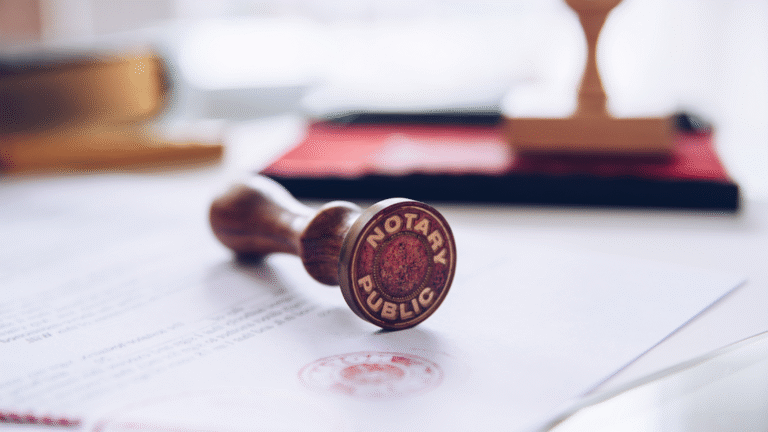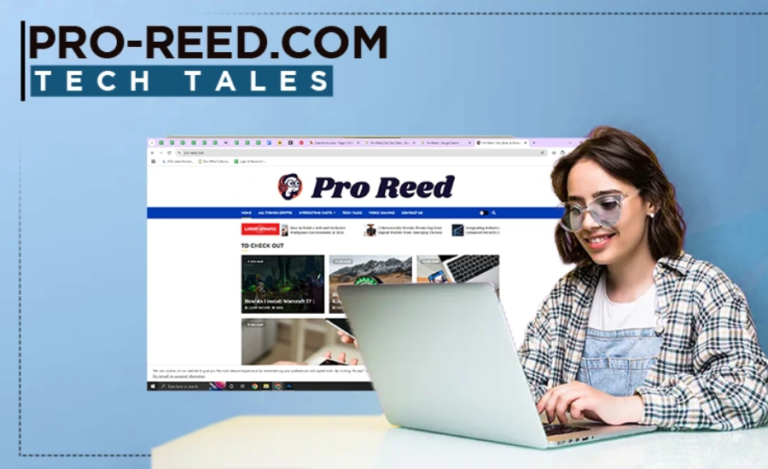How Much to Wrap a Car? The Ultimate Pricing Guide
The global vehicle wrap market hit $4.76 billion in 2023, and car wrapping has emerged as a popular alternative to traditional paint jobs. Vehicle owners often ask about wrap costs before they invest in changing their car’s appearance. The final price varies by a lot based on several factors, and you need to understand the complete cost breakdown.
This piece dives into the real costs of car wrapping – everything from simple color changes to premium finishes. You’ll learn how vehicle size affects pricing, what material quality options exist, and what installation requires. The price gap between DIY and professional services makes a big difference too. Design fees, surface preparation, and maintenance costs add to your total investment, and we’ll cover all these aspects.
Factors Affecting Car Wrap Costs
Car wrapping costs vary by a lot depending on several key factors. These factors affect material requirements and labor intensity. Vehicle owners can make better decisions about their wrap investment when they understand what influences the final price.
Vehicle Size and Type
A vehicle’s size and type directly affect how much vinyl material you’ll need for wrapping. Compact cars typically need 49-56 feet of vinyl material. Mid-sized cars require 59-66 feet, while full-sized cars just need 66-75 feet . Your vehicle’s make and model play a crucial role in the pricing structure. Cars with complex body shapes take more time to wrap and need additional expertise .
Wrap Quality and Material
Premium vinyl wraps cost more at first but make a smart investment that lasts longer. Cast vinyl materials, priced between $12-16 per foot, deliver these key advantages:
- UV protection and water resistance
- Better flexibility to handle complex curves
- Strong resistance to cracking and bubbling
- Easy repositioning during installation
Design Complexity
Design intricacy substantially affects the wrap’s final cost. Single-color wraps cost less than complex patterns or multi-color designs. Complex vehicle bodies with spoilers, body kits, or custom panels need more materials and labor time to complete the work 3.
Installation Expertise
Professional installation by certified technicians affects the overall cost and will give quality results. Installers with manufacturer certifications and proven track records charge higher rates 2. Their expertise helps prevent common problems like bubbling, peeling, or improper adhesion that could make repairs or replacements get pricey.
Average Car Wrap Pricing by Vehicle Type
The cost of vehicle wraps varies by a lot between automobile types, and each vehicle comes with its own set of requirements and challenges. Owners can plan their budgets better when they understand these price differences.
Sedans and Coupes
A typical sedan wrap job uses between 40-55 linear feet of vinyl material. The full wrap costs range from $2,500 to $6,000. Coupes might look smaller but they just need extra attention because of their curved surfaces. These sporty vehicles use 50-65 feet of vinyl material and cost between $2,500 and $6,000.
SUVs and Crossovers
The larger surface area of SUVs and crossovers drives their premium pricing in the market. A full-size SUV needs 75-90 feet of material and costs at least $4,000. The pricing structure varies significantly between vehicle sizes, with compact crossovers starting at $3,000. Larger crossover models can cost up to $7,000 based on their design complexity.
Trucks and Vans
Commercial vehicles need different wrapping approaches based on their size. The wrapping costs vary significantly:
- Small vans need 5ft x 59ft vinyl and cost $2,000-$3,000
- Medium vans require 5ft x 75.4ft vinyl with prices ranging from $3,000-$4,000
- Large vans use 5ft x 85ft vinyl and typically cost $4,000-$5,000
Luxury and Sports Cars
Luxury and exotic vehicles come with premium price tags that reflect their sophisticated designs and complex installation requirements. These high-end vehicles just need:
- Installation costs starting at $6,000
- Premium materials costing $12,000 or more for full wraps
- Special handling for complex body panels. Rolls-Royce’s complicated panel removal requirements can push costs up to $10,000
The price structure goes beyond material costs and highlights the expertise needed for proper installation. Expert installers must understand the intricacies of working with complex body shapes and expensive materials to deliver unmatched results.
Additional Costs to Consider
Vehicle owners must think over many more expenses beyond the simple wrap costs that affect the total investment by a lot. A clear grasp of these extra costs leads to smarter budget planning and helps owners avoid surprise expenses.
Design and Customization Fees
Custom wrap design services cost between $600 and $1,500 based on the project’s complexity. The design process demands specialized expertise and takes considerable time, especially when you have intricate illustrations or realistic artwork. Design team members need compensation and shops include these costs in their pricing structure for custom pieces.
Removal of Existing Wrap
Vinyl removal services begin from $75 plus chemical costs. The price can go up by a lot depending on several factors. These include the wrap’s age and current state, leftover adhesive residue, whether primers were used before, and the vehicle’s size and shape.
Repairs and Surface Preparation
The vehicle’s condition determines surface preparation costs. Repair teams need to fix existing damage before they start the wrapping process. The core team handles these essential preparation expenses:
- Dent and scratch repairs
- Paint correction
- Deep cleaning and degreasing
- Surface treatments
Warranties and Maintenance
Vertical surfaces come with warranty coverage of 1-3 years, while horizontal surfaces exposed to direct sunlight get 1-2 years. The monthly maintenance budget needs specialized cleaning products ranging from $10-$50, and damaged sections might require repairs costing $100-$500. The wrap’s life and appearance benefit from professional maintenance, though vehicle esthetics demand continuous investment.
Temperature-controlled storage fees and insurance coverage modifications need careful thought. These overlooked expenses play a significant role in the wrap’s quality and durability throughout its service life.
DIY vs Professional Installation: Cost Comparison
While professional installation provides convenience and quality assurance, many vehicle owners think about handling the installation themselves to save money. A closer look at both options shows what you really pay for and what you need to keep in mind.
DIY Wrap Kits and Materials
DIY car wrap projects need quite a bit of money upfront. A standard sedan’s vinyl film costs between $500 and $700 just for a simple gloss black finish. Material quality affects the cost and final results by a lot, and premium wraps last longer and are easier to install.
Tools and Equipment Needed
Here’s what you need to start your DIY installation:
- Simple Equipment ($50-$150):
- Teflon-coated backcutter
- Felt-edge squeegee
- Breakaway knife with spare blades
- Heat gun
- Infrared thermometer
- Supplies You’ll Also Need ($100-$550):
- Small magnets
- Microfiber towels
- Lint-free gloves
- Cutting tape
- Air compressor
Time Investment
DIY installation takes two to three days of focused work. The process just needs careful attention to detail, especially during surface preparation. A successful installation requires these steps:
- Complete vehicle cleaning and degreasing
- Removal of existing wax
- Clay bar treatment
- Alcohol-based surface preparation
Potential Risks and Hidden Costs
Many first-time installers fail to grasp vinyl wrapping’s true complexity. Several challenges come off the top of my head:
- Wasted materials from incorrect installation
- Extra vinyl needed to fix mistakes
- Vehicle’s surface damage risks
- Poor adhesion that leads to early failure
Professional installers charge between $500 and $5,000 based on design complexity. This cost brings expertise, proper tools, and warranty protection. Your choice between DIY and professional installation should weigh both immediate expenses and the quality of long-term results.
Conclusion
The price of a car wrap depends on several factors like your vehicle’s type, wrap materials, and how it’s installed. A standard car wrap costs between $2,500 and $7,000 when professionally installed. Luxury vehicles need special attention and can cost $12,000 or more. Premium cast vinyl is a vital factor in pricing. It costs more upfront but lasts longer and performs better than cheaper alternatives.
Professional installation makes up much of the total cost. The extra money spent on expert installation is worth it because you get warranty protection and proper application. Vehicle owners should balance their current budget against future benefits. They need to think about maintenance needs and potential repair expenses during the wrap’s lifetime. A well-planned budget and careful evaluation of costs will help you get the best results from this popular way to customize your vehicle.
FAQs
What is more cost-effective, wrapping or painting a car?
When deciding between wrapping and painting a car, consider the costs involved. Painting can range from USD 500 for a low-quality job to between USD 1000 and USD 5000 for high-quality work. In contrast, a professional car wrap typically costs between USD 2500 and USD 5000. Additionally, removing a wrap can incur labor costs of USD 500 to USD 600.
How long can you expect a car wrap to last?
A car wrap generally lasts about five years under normal conditions. However, the longevity of the wrap also depends on the quality of the installation. Improper installation can lead to issues such as peeling or dirt accumulation under the wrap, which can shorten its lifespan.
Is it safe to wash a wrapped car?
Yes, you can wash a wrapped car. For best results, hand washing is recommended as it is gentler and more thorough. Automated brushless car washes are also safe for wrapped cars. However, avoid brush car washes as they can be harsh on the wrap, causing peeling and lifted edges.
Does car wrapping offer good value for money?
Wrapping a car can enhance its resale value significantly compared to repainting. This is because the wrap can be removed without damaging the underlying paint, preserving the car’s original appearance and thereby maintaining a higher value.
Check More BeeBom!






